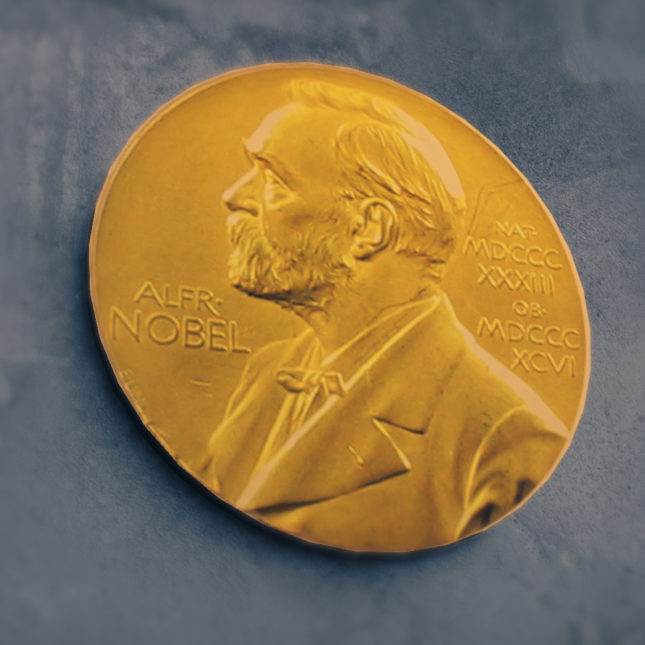Two leading scientists receive the Nobel Prize in Physics for their advancements in artificial intelligence (AI) applications, ushering in a new phase for AI-powered physics research. This historic recognition showcases how AI drives innovation, paving the way for more efficient and insightful experiments in the field of physics.
What’s Happening & Why This Matters
This year’s Nobel Prize in Physics goes to Dr. Alexandra Müller of Germany and Dr. Lars Edvinsson of Sweden for their contributions in applying AI to unravel complex physical phenomena. Their work significantly advances our understanding of particle interactions, leading to breakthroughs in atomic-scale predictions and quantum mechanics applications.
A Leap in Physics Research Using AI
Dr. Müller and Dr. Edvinsson have developed AI algorithms that analyze massive datasets at a speed previously unachievable. Their method, now adopted by physics labs globally, predicts particle behaviors, simplifying simulations of high-energy environments. This approach improves upon traditional methods by minimizing manual calculations, which often take years to verify. Edvinsson notes, “AI provides tools to conduct experiments that were once theoretical dreams.” Their work highlights how AI bridges gaps in human capability, making complex concepts more accessible for researchers
AI Brings New Energy to Quantum Mechanics
Their methods impact quantum mechanics in ways that may shape the next generation of technological advancements. AI helps predict atomic movements and interactions with a degree of precision that accelerates quantum computing and encryption methods. Dr. Müller remarks, “Our work is not just about faster results; it’s about accuracy and opening new doors in our understanding of physics.” The researchers’ algorithms are now becoming instrumental in areas like superconductor research and energy-efficient computing.
The Global Reach of Their Innovation
AI’s potential in physics goes beyond academic labs. The AI models that Müller and Edvinsson develop are transforming how industries approach problem-solving, particularly in materials science and energy. For instance, their work has applications in developing superconductors and improving battery technology, fields critical for addressing global energy demands
TF Summary: What’s Next
This Nobel Prize recognition sets the stage for more integration of AI in experimental physics and other scientific disciplines. As more researchers adopt and build upon Müller and Edvinsson’s methods, the scientific community expects new technological advances across energy, computing, and materials science. Future efforts will focus on refining these AI-driven tools, ensuring they not only enhance productivity but also lead to practical, world-changing applications in technology and energy solutions.
— Text-to-Speech (TTS) provided by gspeech


